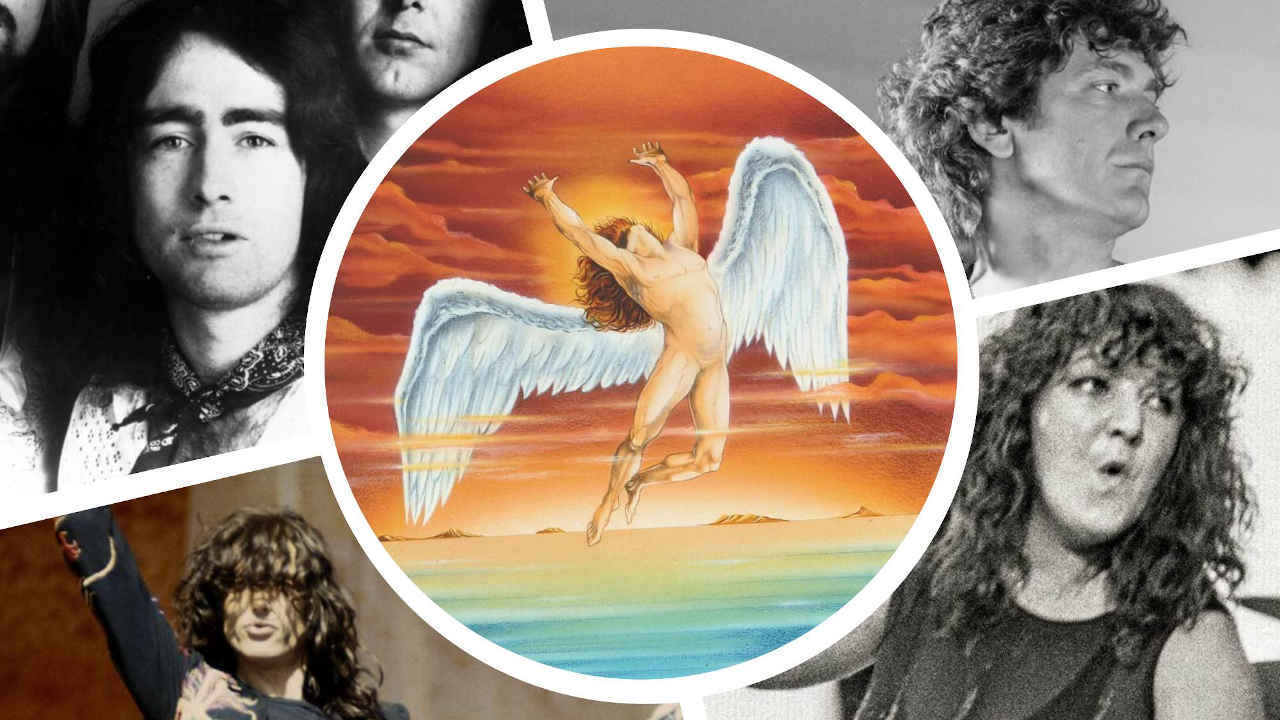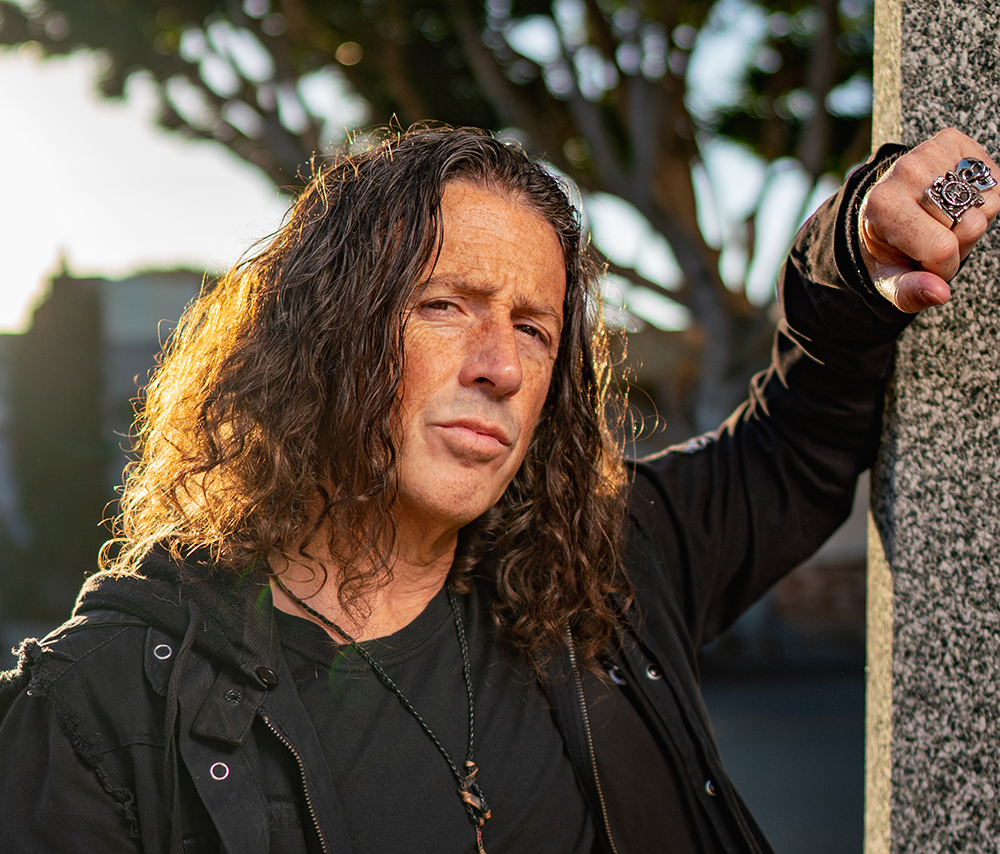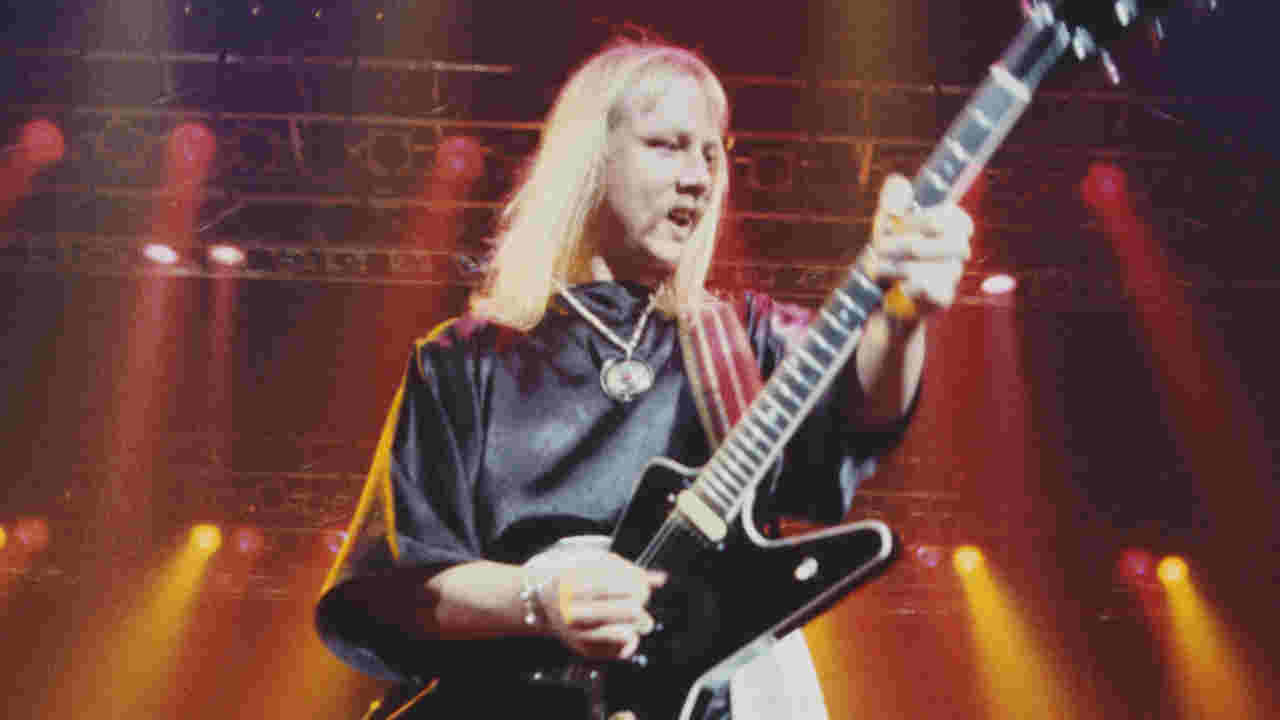The guide to Led Zeppelin’s Swan Song Records in 10 essential songs
Led Zeppelin, Bad Company, The Pretty Things, Maggie Bell – Swan Song Records was one of the great maverick labels of the 1970s

Few labels have woven as vivid a narrative in the tapestry of rock as Swan Song Records. Launched in 1974 by Led Zeppelin and their legendary manager Peter Grant, Swan Song not only amplified Zeppelin's towering legacy but also became a bastion for a diverse array of artists who cultivated a unique sonic aesthetic, bridging raw energy with sophisticated artistry.
The label's dedication to artistic freedom and innovation cemented its place in music history but in the wake of John Bonham’s death in 1980, Peter Grant withdrew his active involvement and the disbandment of Led Zeppelin led to the label’s eventual dissolution in 1983. Here is the story of Swan Song Records in ten essential tracks.

Led Zeppelin – Kashmir (Physical Graffiti, 1975)
The zenith of Led Zeppelin's creative odyssey, Kashmir encapsulates the essence of Swan Song Records. More than a song, it's a mesmerising musical expedition, where Eastern mysticism meets Western rock in a fusion that defies borders. Page's weaving guitar, Plant's haunting vocals and Bonham's thunderous beats create a soundscape that transcends time and genre. In 1975, Zeppelin were the only band who could credibly pull off a double album like Physical Graffiti and, taking full advantage of their creative freedom, that’s exactly what they did. The crown jewel in the legacies of both Zeppelin and Swan Song.
The Pretty Things – Dream/Joey (Silk Torpedo, 1974)
Swan Songs’ inaugural UK release, The Pretty Things’ Silk Torpedo announced Swan Song’s commitment to cultivating talent beyond the sphere of Zeppelin’s thundering electric blues. The album opens with Dream – a cosmic instrumental – and segues into Joey, a masterful blend of piano-driven boogie and thunderous drums, all swathed in a Hammond organ's embrace. Phil May's vocals, a cross between Ian Hunter's rawness and Steven Tyler's flamboyance, capture the essence of rock's golden era.
Bad Company – Bad Company (Bad Company, 1974)
Bad Company, the track, album and band, epitomise the renegade spirit of Swan Song. Paul Rodgers' gravelly, soul-infused vocals meld with a Western, almost outlaw vibe, mirroring the label's ethos of raw, unfiltered artistry. The song's legendary piano intro sets the stage for a narrative of defiance and freedom, a theme that resonated deeply in the 70s rock landscape. Though the label weren’t too keen on the band’s name, they conceded, cementing their commitment to creative freedom and in turn, casting Bad Company as a cornerstone of the label's legacy.
Maggie Bell – If You Don’t Know (Suicide Sal, 1975)
A standout in the Swan Song catalogue, bringing a powerful female perspective to the predominantly male rock scene. Bell’s gritty, soulful voice and the album's bluesy rock sound were in perfect harmony with the label's aesthetic of raw, emotional music. As one of the two originals on the album, If You Don't Know showcases Bell’s powerhouse vocals, underpinned by Pete Wingfield's bluesy composition and featuring a striking guitar solo from Jimmy Page.
Detective – Recognition (Detective, 1977)
Fronted by ex-pat Brit Michael Des Barres, Detective's eponymous album was an embodiment of Swan Song's eclectic ethos. Its blend of hard rock with funk and soul nuances was a testament to the label’s commitment to innovation and quality over mainstream trends. While some tracks paid overt homage to the label’s founders (Got Enough Love, Grim Reaper), Recognition showcased Detective’s range and, by extension, that of the label. A seditious fusion of soul and blues, Recognition proved that Swan Song was far more than a vehicle for shepherding Zeppelin’s legacy.
Sign up below to get the latest from Classic Rock, plus exclusive special offers, direct to your inbox!
Dave Edmunds – Crawling From The Wreckage (Repeat When Necessary, 1979)
Crawling From The Wreckage stands as a shimmering thread, embodying the label's knack for fusing the raw spirit of rockabilly with the sharp edge of power-pop. More than just a Dave Edmunds hit, it’s a Rockpile tour de force, with Nick Lowe, Billy Bremner, and Terry Williams (who simultaneously recorded Lowe’s Labour Of Lust), contributing to its pub rock splendour. This Graham Parker-penned gem encapsulates late 70s rock spirit, blurring lines between solo artistry and collaborative genius and forming a pivotal chapter in the Swan Song story.
Midnight Flyer – Hey Boy (Midnight Flyer, 1981)
Blending flashes of country-rock vigour with electric blues and Maggie Bell’s commanding vocals, Midnight Flyer’s high-profile line-up included members of Whitesnake, Foghat and Stone the Crows. Propelled by this unique fusion of talents, Hey Boy, with its full-throttle grooving and glossy 80s synths, not only highlights Bell's indomitable presence but also reflects Swan Song's commitment to artistic versatility, even amidst its own organisational challenges following John Bonham's death.
Jimmy Page – Jam Sandwich (Death Wish 2 OST, 1982)
In the wake of Bonham’s death, Page languished in a period of inactivity, so Peter Grant and Page’s neighbour, movie director Michael Winner, urged the guitarist to score the second instalment of this iconic 80s revenge franchise. Page knocked it out of the park, exemplified by Jam Sandwich, a frenzied instrumental piece where Page abandons the lyrical storytelling of Led Zeppelin, instead opting for a raw, unapologetic showcase of his guitar prowess. It would be Page’s only solo work released by Swan Song.
Robert Plant – Burning Down One Side (Pictures At Eleven, 1982)
This pivotal track from Robert Plant's solo debut symbolises both his artistic evolution and Swan Song Records' adaptability in the evolving 80s music scene. Merging classic rock with new wave influences, Plant stepped beyond Led Zeppelin's shadow, showcasing his unique vocal style and creative rebirth. As one of the label’s co-founder, Plant took full advantage of the liberties and resources at his disposal and , while not a chart-topper, the track marks a significant chapter in Swan Song's history; as well as the juncture at which Plant sewed the seeds of his post-Zeppelin career.
Wildlife – One Last Chance (Wildlife, 1983)
One Last Chance, from Wildlife's 1983 debut, is a Swan Song swansong, a poignant epitaph for the label's eclectic legacy. This track, with its blend of soaring melodies and earnest lyricism, embodies the era's transition from hard rock to a more polished, AOR sound. Its strengths lie in its refined production and emotive vocals, capturing the wistful essence of early 80s rock. In Wildlife's hands, One Last Chance becomes a reflective mirror of Swan Song's final act, echoing a bygone era of musical exploration and diversity.
Hailing from San Diego, California, Joe Daly is an award-winning music journalist with over thirty years experience. Since 2010, Joe has been a regular contributor for Metal Hammer, penning cover features, news stories, album reviews and other content. Joe also writes for Classic Rock, Bass Player, Men’s Health and Outburn magazines. He has served as Music Editor for several online outlets and he has been a contributor for SPIN, the BBC and a frequent guest on several podcasts. When he’s not serenading his neighbours with black metal, Joe enjoys playing hockey, beating on his bass and fawning over his dogs.

